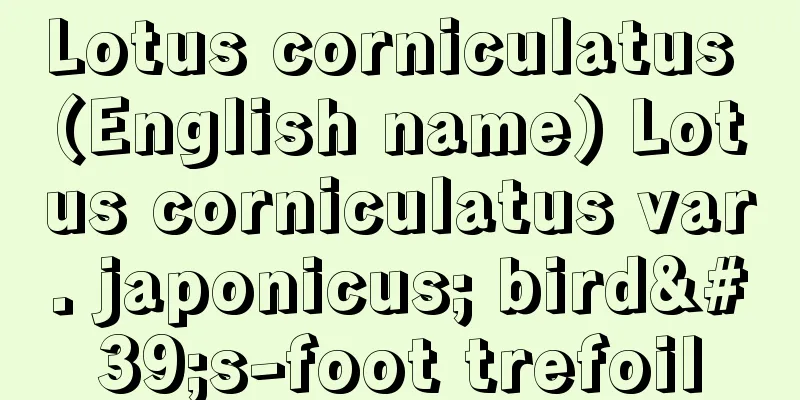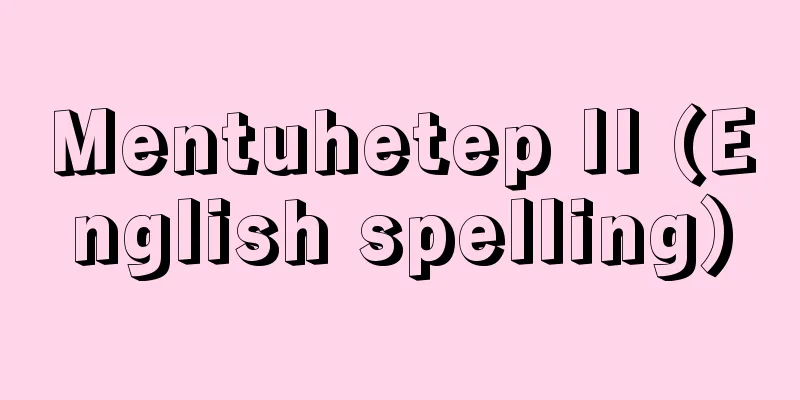Bad money drives out good money - bad money drives out good money

|
When currencies with the same nominal value but different real values circulate simultaneously within a country, there is a tendency for good currency to be hoarded and not used, and only bad currency to circulate in the market. This is known as "Gresham's Law." Source: The Selected Edition of the Japanese Language Dictionary About the Selected Edition of the Japanese Language Dictionary Information |
|
同一の名目価値をもちながら、実質的価値の違う貨幣が同時に一国内で流通する時には、良貨は貯蔵されて用いられなくなり、悪貨だけが市場に流通する傾向を生じる、ということ。いわゆる「グレシャムの法則」のこと。
出典 精選版 日本国語大辞典精選版 日本国語大辞典について 情報 |
<<: Ackerman-Jantou theory - Ackerman-Jantou theory
Recommend
Candied
Seeds, fruits, and vegetables are pickled in sugar...
Squirtle (Money Turtle) - Squirtle
The baby Japanese pond turtles sold as pets were t...
Kusa Tamenagi - Stinky Nagi
...In the original Japanese language, it was call...
Popular paper
… [Kunitoshi Mizuno] [Mass Communication] Britain...
Paeonia delavayi (English spelling)
…[Michio Tamura]. … *Some of the terminology that...
Kyodo Kito Ni Tsukurisho (Cooperative Silk Packing Factory)
…Maebashi-cho raw silk merchants also established...
Power meter - Electric power meter
A meter that displays the cumulative value of ele...
secondhand books
...General term for books that are generally circ...
Exciton - exciton
Please see the "Exciton" page. Source: ...
Mononobe Shrine - Mononobe Shrine
Located in Kawai-cho, Oda City, Shimane Prefectur...
Treaties of Rome
The Treaty Establishing the European Economic Comm...
Zecca, F. (English spelling) ZeccaF
… [Pathé era and Film Dahl] In the early 1900s, t...
Izukura dolls
〘Noun〙 (Named after the place where Izukura, a mer...
Aya
〘Emotion〙 (a word formed by combining the interjec...
Wadjak man
Two human skulls were discovered in 1889 in sedime...









